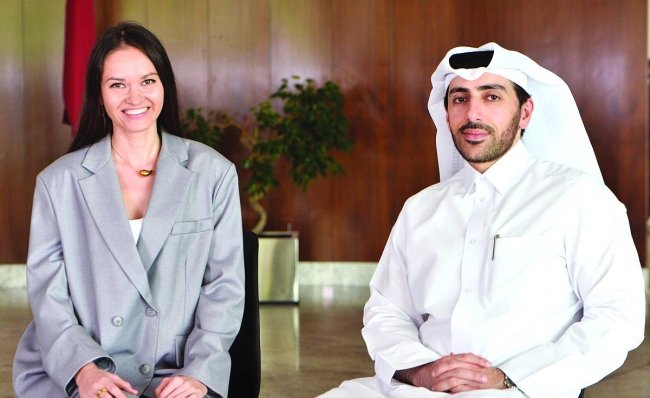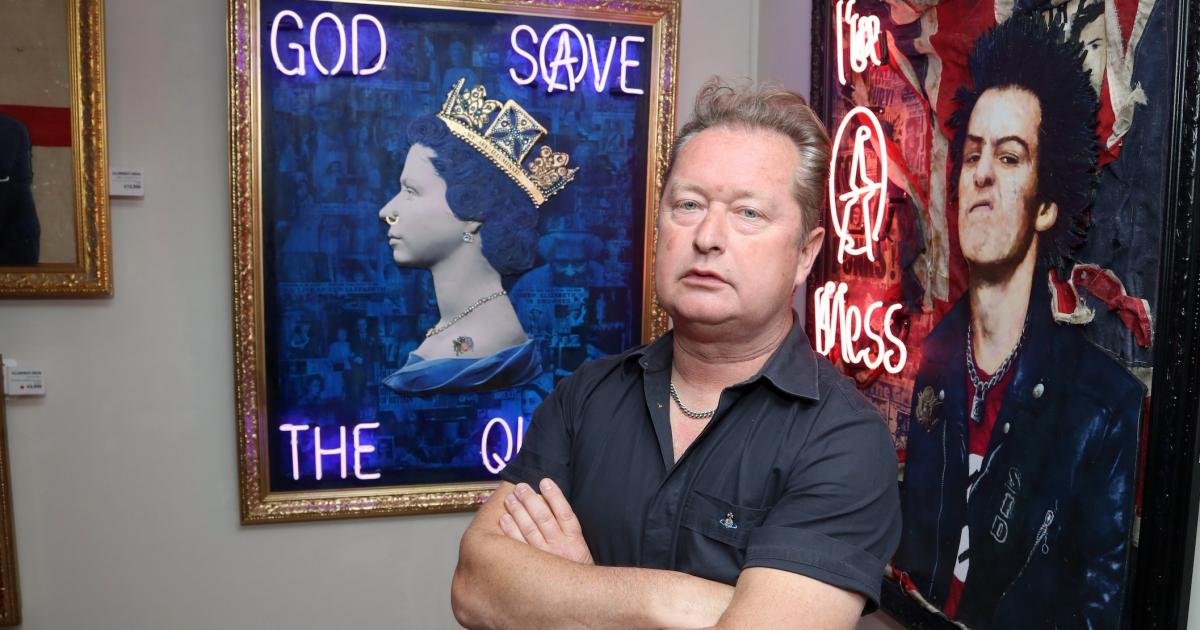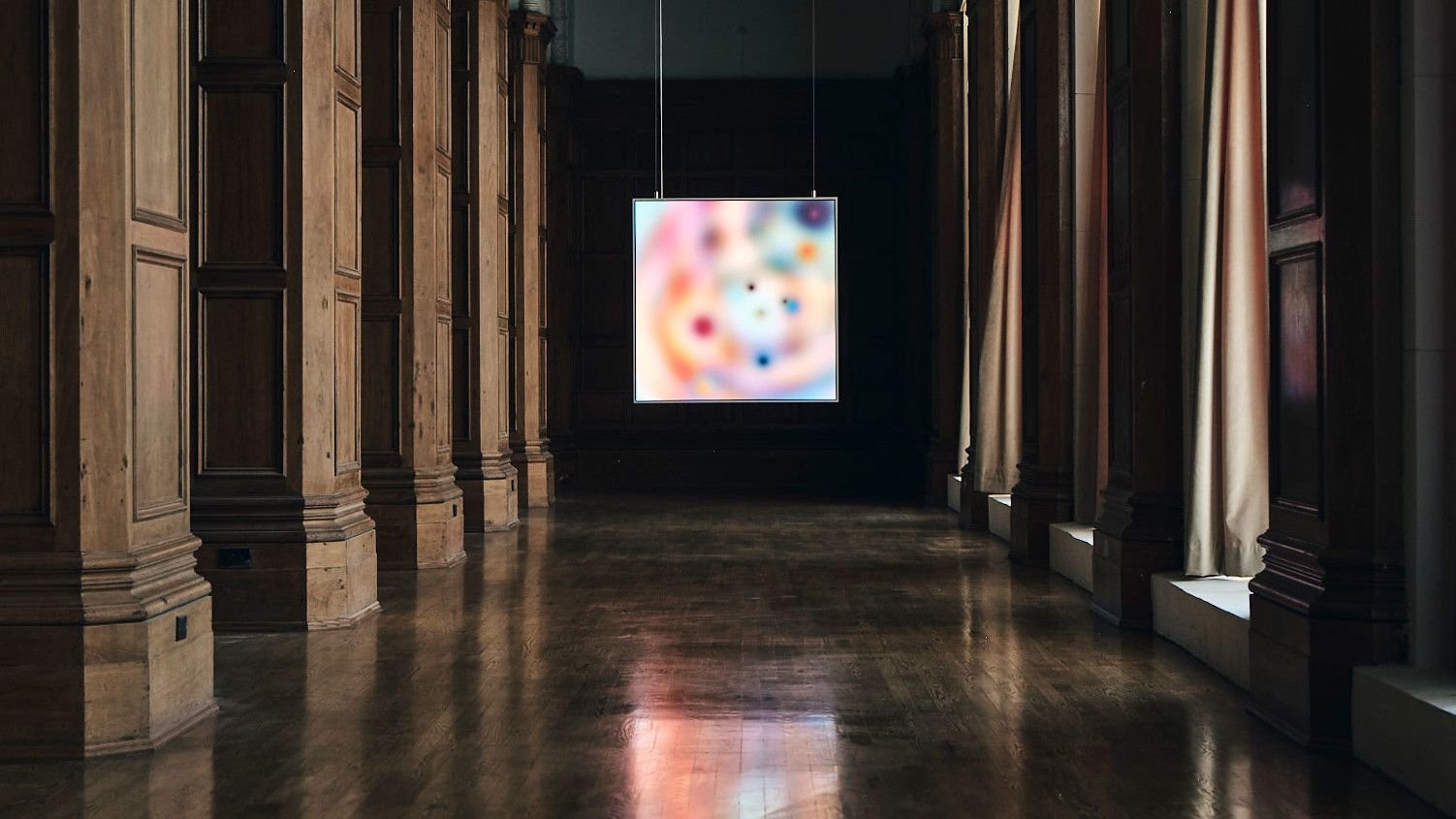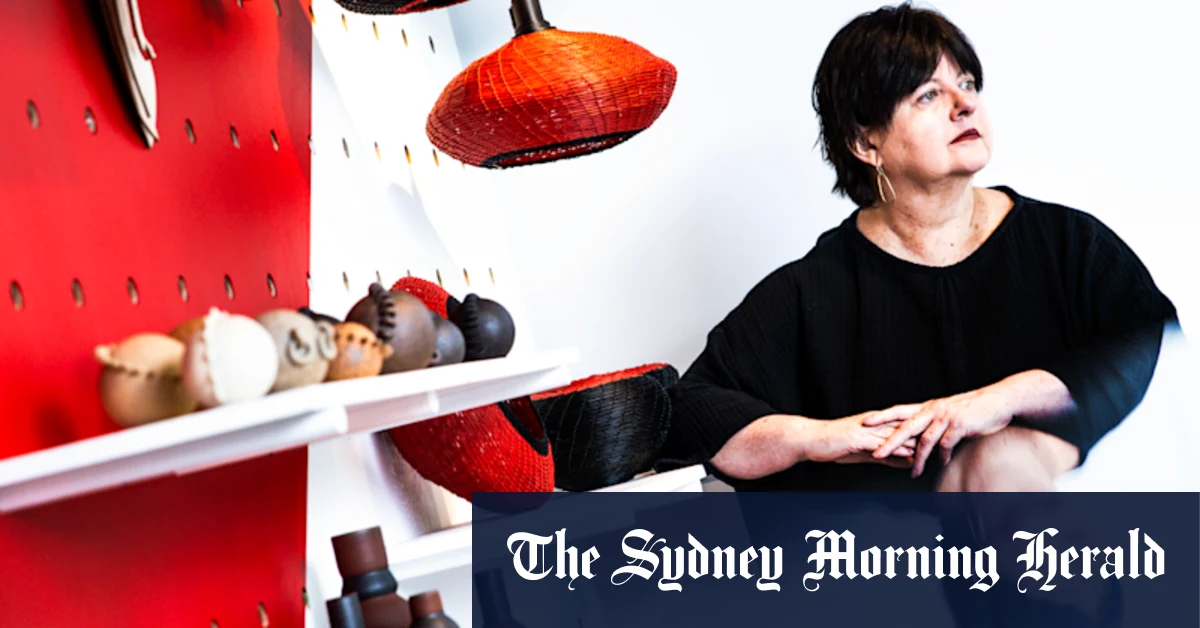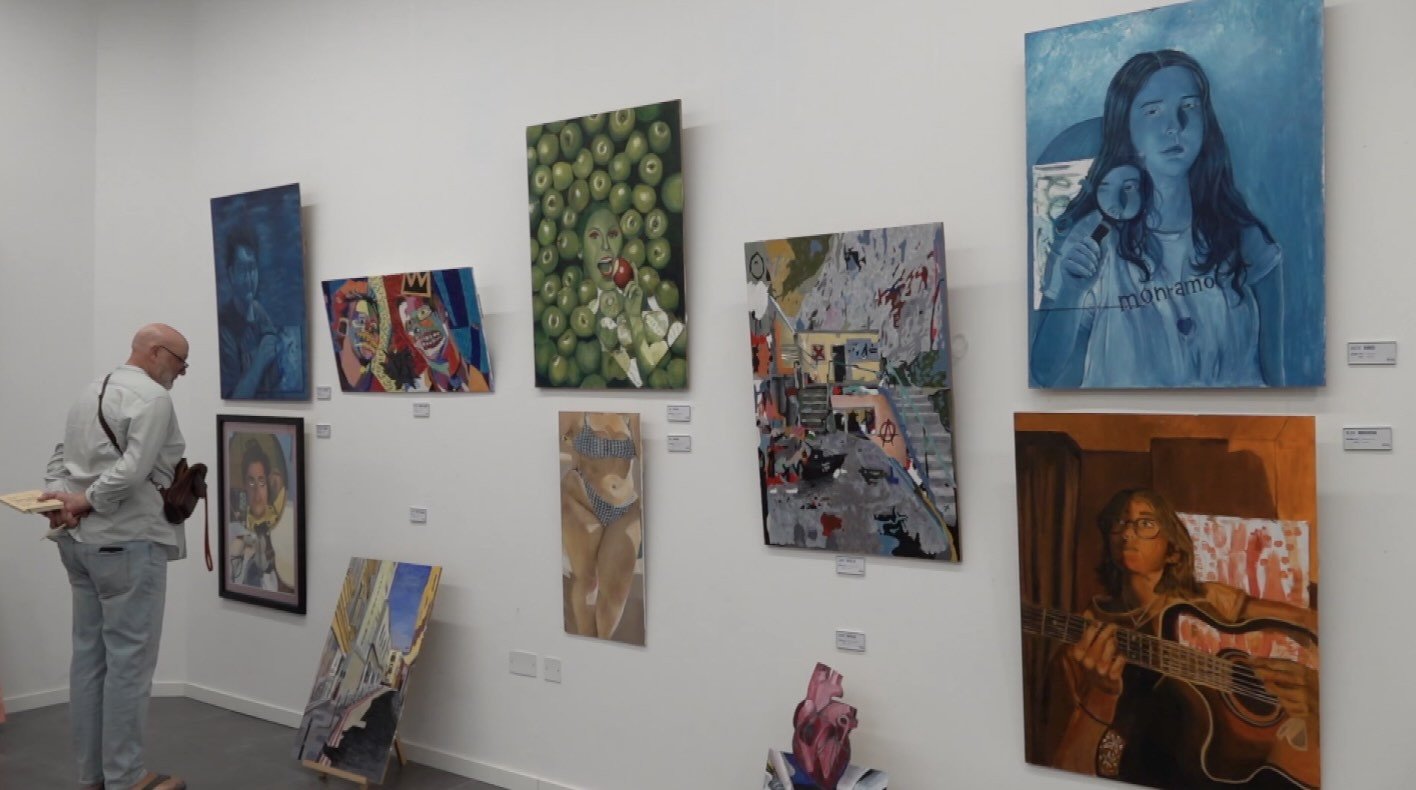In a dialogue highlighting the human stories where art, youth, and Qatar’s cultural vision meet, both leaders peel back the layers of their professional personas to reveal the formative memories and core values that drive them.
The result is a candid portrait of inspiration, resilience, and two profound philosophies on what it truly means to empower young minds.
For al-Ishaq, a key figure in Qatar’s architectural development, inspiration began not with a blueprint, but with a feeling. “I remember when my father took me to my first Jumaah prayer,” he recalls, his voice painting a vivid picture. “I went to the mosque, masjid, it was huge and there were a lot of people and it was overwhelming. That’s something in my memory.”
This early encounter with monumental space and community shaped a worldview rooted in personal experience and self-discovery. It’s a theme that echoes in his advice for today’s youth. When asked what museum every teen should visit, he dismisses the idea of a one-size-fits-all answer.
“Teenagers would usually find their own spaces,” he says with a knowing confidence. He speaks of his own past, not as a polished executive, but as a young man finding his place along the Doha waterfront. “I had many memories in the Corniche, at Al Bandar, when I didn’t go to school for some reason,” he admits with a laugh. “I would go to Al Bandar or somewhere like that, and sometimes go fishing or have karak… a good place to go is anywhere with your friends.”
This glimpse into his past reveals an unexpected, relatable twist. “What would surprise us about teenage Abdulrahman?” he is asked. “I was a delinquent,” he states plainly, “but I was a smart one, so I did good in school but I was a problem-maker outside of school.”
This history informs his fiercely independent philosophy. He doesn’t believe in following idols. “We should build our own view of the world and respect those who fall in line with our perspectives,” he asserts. This principle is the bedrock of his definition of youth empowerment. For him, it’s not about guidance or support, but agency.
“Empowerment is, instead of giving someone a fish, is teaching them how to fish,” Al-Ishaq explains. “If someone wants to empower youth Abdulrahman, they would just provide me with the tools to reach where I want to reach… Supporting them is not empowerment, because if you are not there to support them then they lose.”
While Al-Ishaq champions the power of tools and self-reliance, Daria Kalinina, the St. Petersburg-native founder of the Teen Art Awards and Art.Coordinate Foundation, champions the power of belief. Her own turning point was a testament to the magic of human connection.
“I think Hermitage Museum absolutely changed my life,” she says, her words infused with the passion that now fuels her work. It wasn’t just the masterpieces, but a chance encounter. “I was so lucky and I met an art historian, she was an old lady… we were walking in a hall at Hermitage and we discussed art. This kind of conversation changed me and my attitude towards art and I decided to start my professional life.”
This single transformative moment is the seed from which the Teen Art Awards grew. The project aims to be that life-changing “right person” for young artists facing a common hurdle: parental doubt. “They come to their parents and say, ‘I want to be an artist,’ and parents would say, ‘please choose something serious,’” she explains. “In this age, it is very important to give support. This is the reason why we decided to establish Teen Art Awards.”
The awards provide tangible career-starters—exhibitions, catalogues, grants, even a documentary. But at its core, Kalinina says, “This is a project about inspiration, dream, and support.”
Working with young artists from over 60 countries, she’s identified a universal trait: a powerful mix of ambition and persistence. She tells the story of one participant who failed to win in the first and second seasons, only to clinch first place in the third. “This is a story that you never give up, you try again and again.”
Her advice to a 15-year-old struggling with confidence is direct and heartfelt: “Never give up. Believe in yourself, because believing is a magical thing. It is like a wind scrolling behind your back.” She adds a crucial lesson: “Do not be afraid to commit mistakes, because mistakes will build your future success.”
Two leaders, two paths. One, a former rule-bender who upskilled his way with his friendsforward on the shores of the Corniche, now building the future and urging youth to develop their agencyupskill. The other, an art historian whose life was changed by a mentor, now creating a global platform to tell young people they are not alone in their dreams.
Together, their stories offer a rich and nuanced vision for Qatar’s creative future—one that has space for the self-reliant innovator and the supported dreamer, providing both the blueprints and the belief to build something truly extraordinary.

